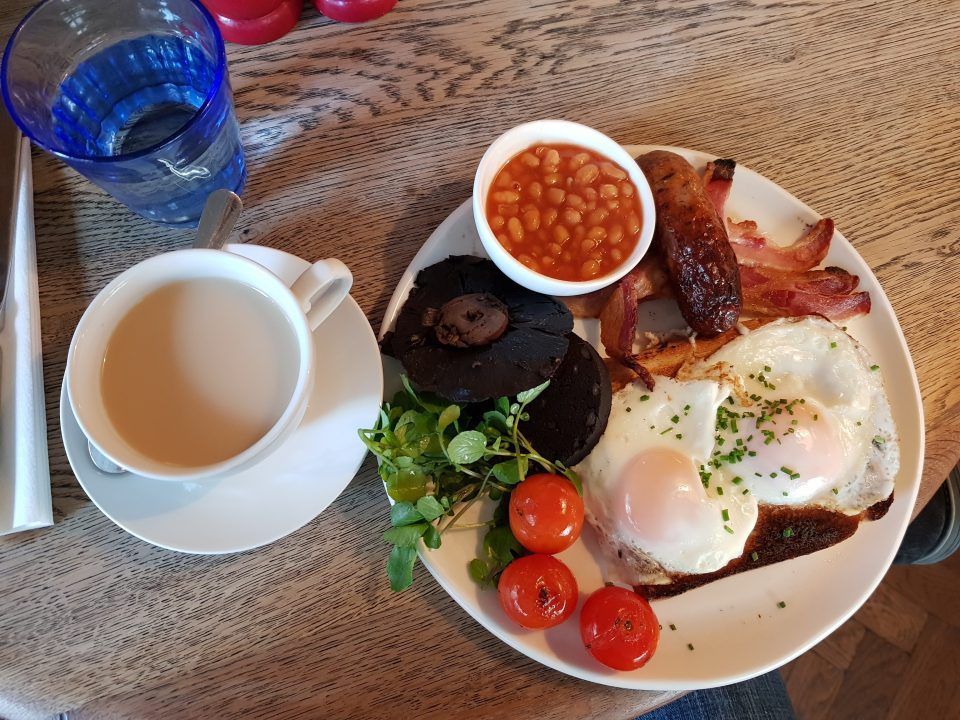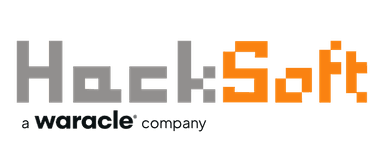London tales - helping PiLabs with dev consulting

A few months ago, while in London, I was talking with Raya Yunakova (Programme Director at Pi Labs) and we were discussing their new startup cohort.
One of the issues we were talking about is how to help non-tech founders navigate the software world and actually get a working MVP to test their product ideas.
Then an idea came up – we can come to London and do dev consulting with the startups. Talk about software, answer whatever questions they have & overall – provide value from our experience working with proptech startups for the last few years.
Last week (25th to 29th of March) – Kamen and I went to London and did this!
Big thanks to Raya for the invite & the opportunity.
Talking about software
This was an interesting challenge – you are presented with different proptech companies – some have dev teams, some have working MVPs, some have nothing software-related yet.
That’s why we prepared a general questionnaire, regarding the entire software development process.
And depending on the answers, we went in one direction or another. Or just listen and answer questions, the best way we can.
Here are the questions that we prepared:
- What tech stack do you use?
- Why did you pick that specific tech stack?
- What’s the structure of your development team?
- Do you have a tech team lead?
- Where do you keep your code?
- Where is your app hosted?
- Do you have something in production / currently in use by end-users?
- How often do you do releases?
- Do you have test/staging environments?
- Do you have something that’s currently being developed?
- If yes, how far is this from going to end-users?
- What’s your biggest tech issue that you are currently facing?
The main idea – get an overall feeling of how and where we can help.
Observations
Consequently, we observed some quite interesting facts.
Tech stack
Almost all of the startups are working with freelancers or remote dev teams and the tech stack is picked by the developers.
That’s a general recommendation we give to non-tech founders – find partners (CTO, remote dev team, outsourcing company) and work with them long term.
Let those partners pick the stack they are most comfortable with, and make sure the stack is popular enough, so you won’t struggle with hiring later down the road.
This usually includes stuff like Python + Django, PHP + Symfony, Ruby + Rails, JavaScript / NodeJS, React / Angular, React Native / Android / iOS.
Going with something niche & fancier, especially for an MVP, may result in slower development & also having issues hiring after that
But if your MVP requires something fancier, go with that. This can give a competitive advantage later on & add bonus marketing points. For example, some of the companies are using things like Unity and OCaml, and actually have a case for that.
That’s why it’s important to consult with someone with experience, what you want to do and do you need anything “special” tech-wise?
Infrastructure
Since almost every company had AWS credits, they are hosting on AWS.
My general suggestion for startups doing an MVP is to go with minimum overhead when it comes to infrastructure and devops.
Platform as a service solution, like Heroku, usually make it easier in the beginning, because they reduce the devops overhead a lot.
And you may ask why AWS comes with greater devops overhead?
Simply ask the founders the following set of questions:
Q: Can you invite me to Slack? Here’s my email.
A: Sure, invite coming.
Q: Can you invite me to GitHub? Here’s my GitHub account.
A: Sure, invite coming.
Q: Can you add me to AWS so I can review the infrastructure?
A: Hm, not sure what I need to do 🙁 Can you help me out?
And even if you get access to the AWS console, there’s a big chance your user won’t have the right permissions to do the job.
Providing value
Every discussion started the same, but then it went into its own unique direction.
Our goal was: Add value & don’t waste their time.
That’s why we were asking product questions too. Everything that sounds strange, asking for corner cases, giving suggestions and generally – discussing the product with the founders.
This was quite successful because we managed to get some good discussions around the products and the technology surrounding it.
The overall feeling was that we achieved our goal.
And this is something that we do with all of HackSoft’s clients – add additional value on top of the software development. We proactively participate in product discussions, give ideas & feedback.
London
We visited London a few months ago, at the end of 2018, so we were familiar with the area around WeWork (at Chancery Lane) and The Collective office (at Bedford Square).
Around meeting with companies from Pi Labs, we managed to get some more work done with one of our clients – The Collective.
We did a bunch of meetings with interesting folks & experienced a lot of walking and eating in London.
One particular thing that really confused/impressed me, was the fact that we were asked if we have reservations, at 07:30 am, for breakfast.
Overall, we had a good week and the hustle was worthwhile. And we’ll be back for more!


